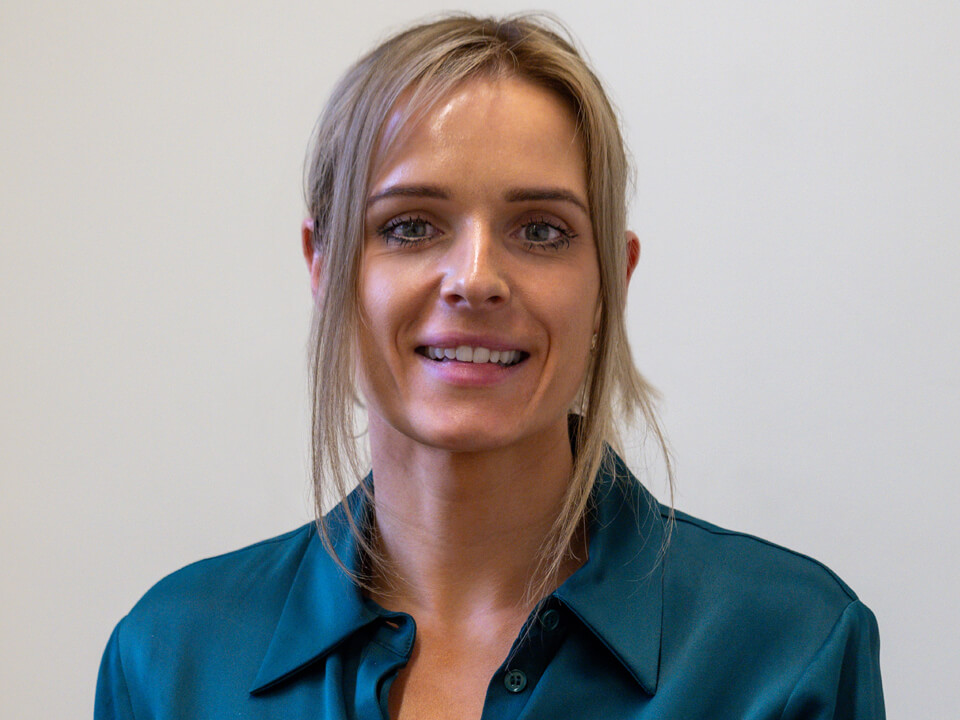Continuing Healthcare Funding Claims are back in the News
The issue of whether a relative or family member is entitled to Care Home Funding seems to be an eternal issue as it hits the headlines again today.
The general feeling is that people don’t know enough about NHS funding and whether they are entitled to it or not. Out of those who do apply for NHS continuing healthcare funding many are unfairly declined.
The number of families being denied of care money seem to be increasing so the article states.
How to Claim
Local clinical commissioning groups (CCGs) are the ones responsible for carrying out assessments as to whether the patient is entitled to continuing healthcare funding.
The cost your care, whether it be in your own home or a care home, will be covered by the funding but many people live in fear of needlessly paying for care or fear of the funding being stripped after the annual assessment.
Others aren’t told this funding even exists.
Who qualifies for CHC funding then?
Continuing healthcare funding is provided by the NHS where the patient tends to be chronically ill and needs to meet certain criteria. The NHS will continue providing funding if the patient has complex, severe and unpredictable health needs.
The case is put before a panel who will consider the patients’ needs and assess against certain criteria.
Mike Talbot, solicitor specialising in Continuing Healthcare Funding advises, “Don’t assume that if you can afford to, that you have to pay for care. It is available irrespective of anyone’s means.”
Continuing healthcare is care provided by professionals over an extended period of time to meet the physical or mental health needs of a patient which could have been caused by disability, accident or illness and when care needs are likely to be complex. It is funded by the NHS and can be provided either in a care home or your own home.
Mike Talbot, added: “Many families have to sell the family home if they are forced to place their loved ones in a care home to get the help they need for conditions such as Parkinson’s, Alzheimer’s or Dementia. They may be paying for something which should be funded by the NHS.
“In successful cases significant sums of money can be reimbursed to the relative or their family, even if their relative has since died and I would urge them to get in touch with us,” he said.
If you need advice on how to make a claim for NHS Continuing Healthcare please call 0161 785 3500 or email michael.talbot@pearsonlegal.co.uk
Subscribe to our newsletterPlease note that the information and opinions contained in this article are not intended to be comprehensive, nor to provide legal advice. No responsibility for its accuracy or correctness is assumed by Pearson Solicitors and Financial Advisers Ltd or any of its members or employees. Professional legal advice should be obtained before taking, or refraining from taking, any action as a result of this article.
This blog was posted some time ago and its contents may now be out of date. For the latest legal position relating to these issues, get in touch with the author - or make an enquiry now.





